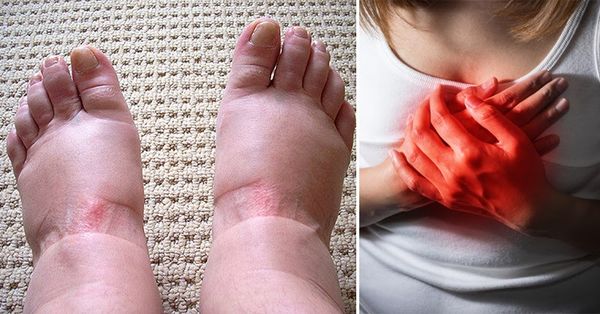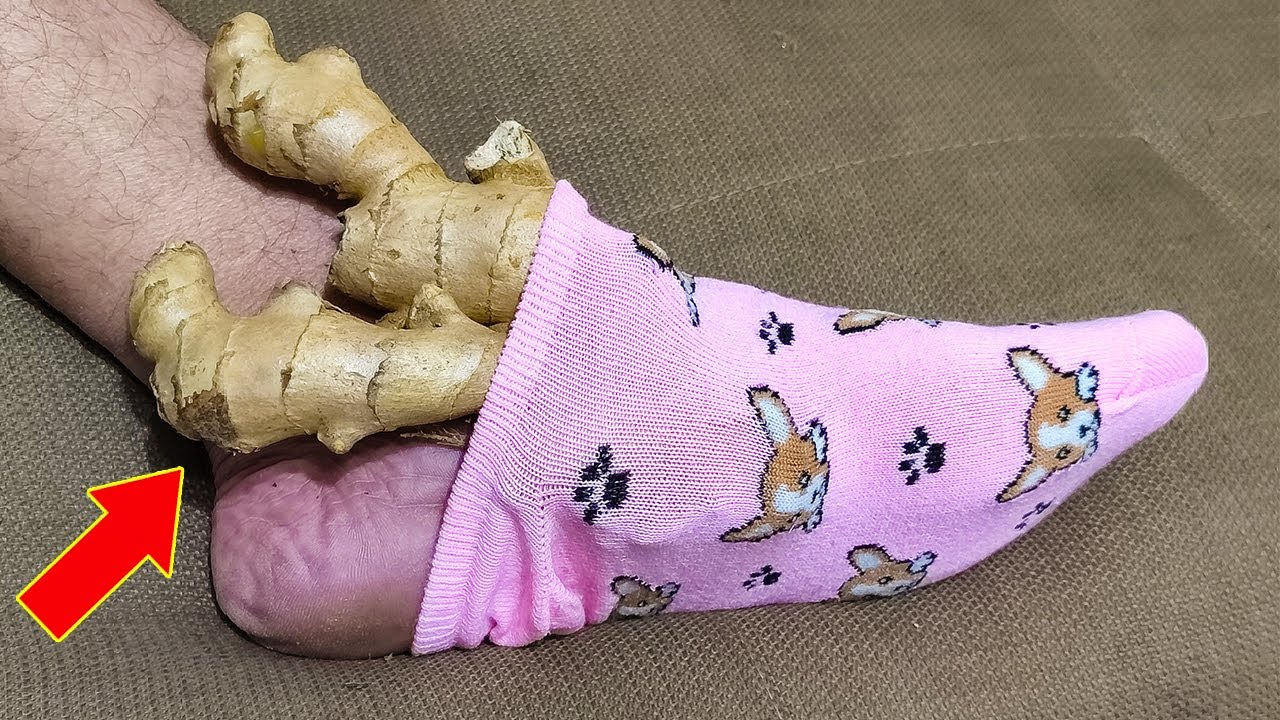Swollen feet can be a common occurrence for various reasons, such as pregnancy, prolonged standing, or injury. However, it’s crucial to understand that sometimes, swollen feet can be a sign of an underlying health issue that requires medical attention.
Causes of Swollen Feet
Deep Vein Thrombosis (DVT)
Deep vein thrombosis occurs when a blood clot forms in the deep veins of the body, usually in the legs. This condition can cause swelling, heaviness, and the appearance of clearer veins in the legs. If left untreated, DVT can lead to a potentially life-threatening condition called pulmonary embolism.
Achilles Tendonitis
The Achilles tendon, the strongest tendon in the body, is susceptible to inflammation and injury. Achilles tendonitis can cause swelling in the ankles and heels, especially after physical activities.
Osteoarthritis
Osteoarthritis is the most common type of arthritis, which can cause pain, stiffness, and swelling in the feet. Engaging in activities like yoga can help ease the symptoms and improve mobility.
Heart Failure
Heart failure can manifest in various ways, and one of the subtle signs is swollen feet or edema. When the heart is unable to pump blood effectively, fluid accumulates in the legs, feet, or ankles, leading to swelling.
Lymphedema
Lymphedema occurs when excess lymphatic fluid builds up, causing swelling in the arms or legs. If you experience sudden or severe swelling accompanied by pain, immediate medical attention is necessary.
Cellulitis
Cellulitis is a skin infection often caused by poor blood flow in the lymphatic system. It primarily affects the lower legs and makes the skin swollen and hot to the touch.
Gout
Gout is a type of arthritis caused by excessive uric acid in the body. It typically affects the big toe, causing sudden and intense pain, redness, and swelling. If you experience severe pain or are encountering these symptoms for the first time, it is crucial to seek medical help.
Foot Bursitis
Bursitis is the inflammation of the small fluid-filled sacs that cushion and protect bones, muscles, and tendons. While commonly occurring in the shoulders, hips, and elbows, it can also affect the knees, heels, and big toes. Foot bursitis leads to pain, stiffness, redness, and swelling in the foot.
Rheumatoid Arthritis
Rheumatoid arthritis often begins in the feet, causing swollen and painful joints, as well as severe swelling. The disease can also result in swollen tendons and muscles due to nodules under the skin.
If you notice swelling in your feet that may be indicative of a deeper health issue, it is vital to consult a medical professional for proper diagnosis and treatment.
Share this crucial information with your friends and family to raise awareness about the alarming warning signs of swollen feet.

Let us know your thoughts about this article in the comment section below.




